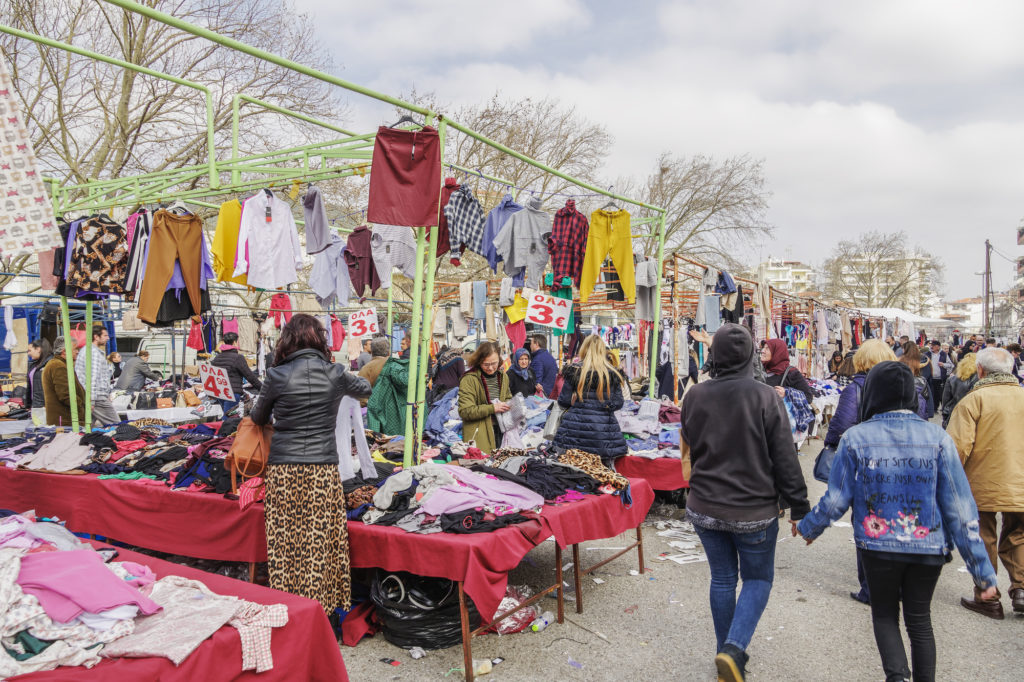A startup U.S. consumer product company with an ultra-hot new product line wrote one of my law firm’s international lawyers asking what they should do to sell their product through a Chinese company that had expressed interest in being the U.S. company’s “Chinese representative.” After a few emails on various different legal subjects, our international lawyer wrote the following email (modified a bit) that provides such good and basic business advice that I wanted to share it here.
It deals with the basics on what to do when you are approached by a foreign company wanting to sell your products in another country:
I am now about to provide you with some business advice, not legal advice.
You are going to get many companies from foreign countries that are interested in selling your products. Most of those companies will not be worth more than ten minutes of your time, either because they are not equipped to do what you do or because their companies are too risky/too small. Going international can be a great thing, but it should be done in a way that suits your business and your plans and not according to who just happens to contact you. I do not purport to be an expert on your product, but I would say that for a company like yours, Mexico, Canada and the EU make the most sense, simply because they are relatively easy, relatively safe, and relatively large. I doubt any one company in any one country has sufficient contacts to sell within the entire EU, so you probably will need to tackle EU sales country by country or at least region by region.
If I were in your shoes I would do the following:
1. Figure out where selling your product makes sense.
2. Figure out whether those who have contacted you from the countries/regions that make sense are the right people/companies to be selling your products.
3. One of the most important things you must do if you are going to be taking your products international is to protect your brand name in those countries where your product swill be sold. When you decide where it makes sense to sell your products, you should apply for a trademark in those countries. Note that you can get one trademark for the entire EU and that usually (but not always) makes sense.
4. As far as you needing an NNN Agreement before you show your products to potential distributors, that will depend on your exact situation. If you are going to send product samples to companies that could not just buy them somewhere else (to copy), you should have a signed NNN Agreement in place before you do so. But if those products are already readily available, an NNN Agreement probably will not help you much if at all. If you are going to be discussing anything with these potential distributors that you wish to keep secret (who manufactures your products, or your costs, for instance), you should have a signed NNN Agreement in place before you do so. But the safest protection would be for you not to provide samples until you absolutely must do so. You at least want to make sure you have some idea of who you are dealing with before you reveal much of anything, NNN or no NNN.
The big question is going to be how you will want your relationship with these companies to be structured. Will you want them to be your distributor such that you have a contract with them? See this for what distribution contracts typically involve. Or do you just want a situation in which you sell to these companies at a reduced price, along with an agreement making clear they are not allowed to re-sell anywhere other than in their own country? We should discuss the pros and cons of these (and other) methods for getting your products into the various countries in which you have expressed interest.
For more on what it takes to sell your product overseas — and in particular, how to avoid problems when doing so — I recommend you also read These “French Tacos” Were a Sensation In Europe, But Flopped in the U.S. What Went Wrong?

























